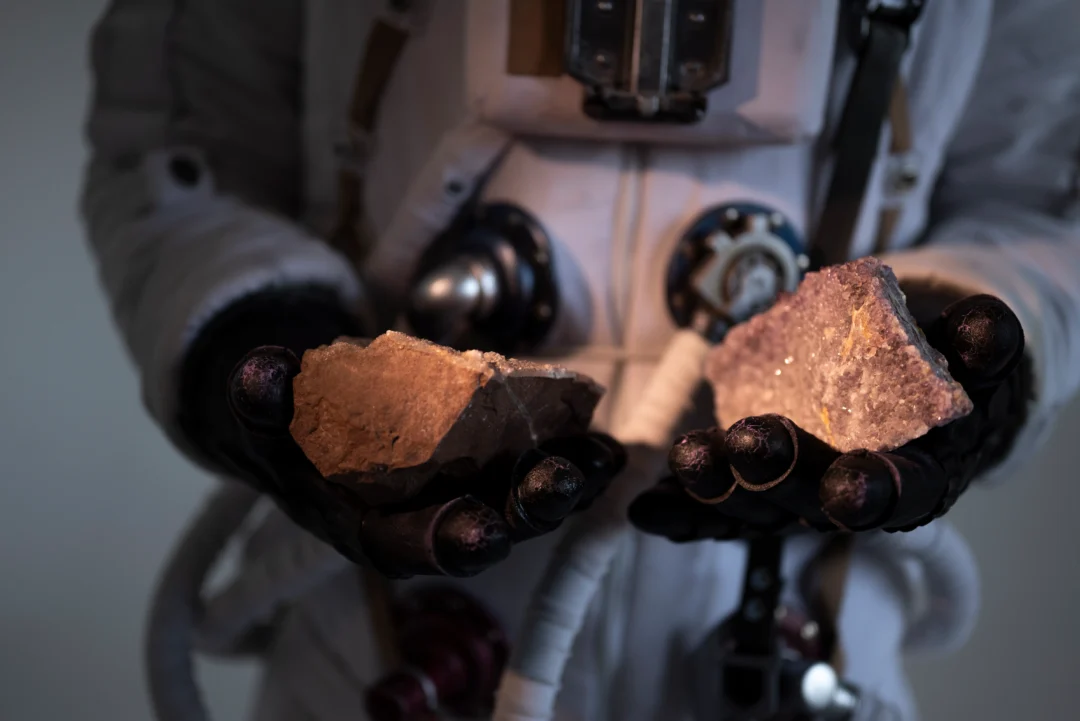
The mining industry is a global enterprise that is engaged in the interaction between resources development and international trade, as well as regulatory control. The foundation of industrial development is minerals that support construction, manufacturing, energy and technology. However, prior to these resources being availed in both the local and export markets, they have to pass through stringent quality checks. This ecosystem needs a minerals testing laboratory that will guarantee the adherence to safety, environmental, and trade standards. Risks of re-shipment, financial losses, and reputation are high without proper testing.
The role of testing of minerals in areas like the United Arab Emirates (UAE) where the economies are linked to the world through trade centers like Dubai and Abu Dhabi has significantly increased. Strict inspections suggested by local governments and international certification organizations are required to protect the safety of mineral output. A number of these laboratories are harmonized with known standards, including GAFTA laboratories and UNBS accredited laboratories, to promote transparency and credibility at borders. Certified testing laboratories will give exporters the assurance that their shipments will conform to international standards and improve their accessibility and credibility.
The Role of Minerals Testing in Global Trade
Testing of minerals is a necessary activity to ascertain the chemical composition, grade and purity of minerals mined. When it comes to verifying the specifications of ores like bauxite, iron, copper and precious metals, tests assist in verifying that they are of the required specifications. To exporters the certification by a minerals testing lab may be the difference between smooth sailing at the customs and the expensive rejection. The growing demands among buyers in other regions such as Europe, North America and Asia are pre-qualification by third parties to enter into large-scale contracts.
This is especially important in the UAE where the country is strategically located as a re-export hub. The UAE Ministry of Economy indicates that minerals and metals are still among the leading items in its non-oil trade. This has resulted in a need to have accredited testing services to fill the gap between localized mining activities and international importations. The accreditation of the testing laboratories based on the international frameworks do not only provide assurance but also enhance the credibility of the exporters in world markets.

Accreditation and Standards in Minerals Testing
The level of credibility of a minerals testing laboratory is largely determined by its compliance with international and national accreditation systems. The GAFTA laboratories, such as those, are known to be honest when conducting the tests and inspection of agricultural and mineral commodities all over the world. Equally, the accredited laboratories at UNBS maintain the quality systems of the Uganda National Bureau of Standards, which is becoming a recognized standard at the continent and beyond.
Accreditation is used to assure that the laboratories are using sound methodologies, working under quality management systems as well as being impartial when reporting. This is important for exporters who have to deal with different standards across the regions. Indicatively, the European Union has stringent orders regarding the trace elements whereas the Asian customers might be more concerned with physical properties like density or particle size. This is by complying with international accreditation bodies, thus the results offered by the laboratories are highly regarded across boundaries and this eliminates delays and conflict. This is the new norm in the industry since UAE exporters are interacting with certified labs to prevent breaks in trade.
Minerals Testing in the UAE Context
The UAE has established itself as a trade hub in the Middle East, Africa, and Asia. The flow of minerals and raw materials is one of the main contributors of non-oil GDP with the free zones of Jebel Ali and Khalifa Industrial Zone providing logistical benefits. Nevertheless, this expansion also presents some regulatory challenges, because the UAE government focuses on sustainable development and adherence to international standards of trade.
The UAE mining testing laboratories offer locally relevant solutions that include customization of the testing procedures to local and international requirements. As an example, testing construction aggregates is essential to the infrastructure works in Dubai and Abu Dhabi where the rapid urbanization necessitates a guarantee of material strength and durability. On the same note, analysis of trace metals in ores to export markets will prove to be in line with the safety limit set by the international markets. The need to use specialized minerals testing facilities has thus been instilled in the UAE trade ecosystem.
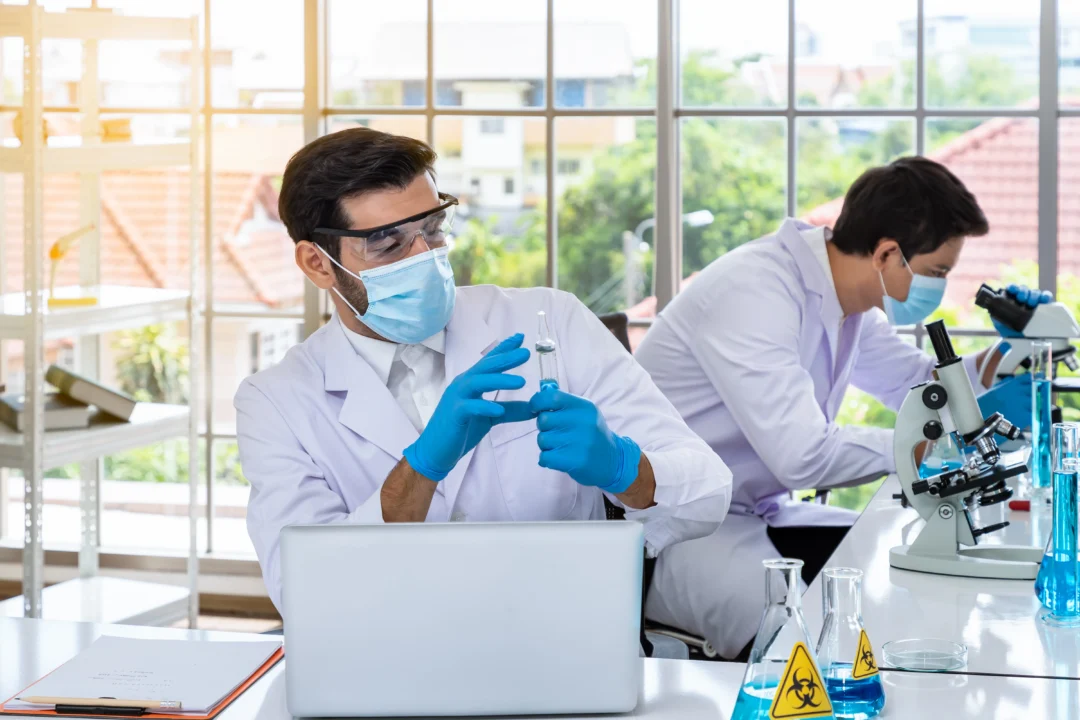
Ensuring Quality and Sustainability in Mining
Other than trade, minerals testing is essential in promoting sustainable mining. Testing determines the existence of toxic chemicals like lead, arsenic, or mercury that are potentially hazardous to the environment and health unless addressed in the proper manner. Analysis of waste streams aids the mining companies to formulate ways of minimizing ecological footprints and adhering to the environmental regulations through laboratories.
Such practices are especially topical in the UAE, where sustainability is one of the central elements of the national policies, such as Vision 2030. The quest by the country towards green growth makes industries show responsible usage of resources. This is backed by minerals testing which offers evidence-based results on the quality and safety of materials which is in line with the governmental push towards international best practices. A gradual shift towards the low-carbon future in industries in the world is being observed, and testing laboratories are crucial to ensure the environmental performance of the mining industry is being monitored and improved.
Challenges in Minerals Testing and Trade
Laboratories and exporters still face difficulties even with the development of testing technologies. The variability of the regional standards is one of the most urgent. One consignment of minerals can be accepted in one jurisdiction and rejected in another because of the variation in tolerable levels of contaminants or the way of documentation. Laboratories should hence be knowledgeable in terms of the international trade regulations.
The other issue is the fact that the supply chain is getting more complex. Due to the fact that miners are transported through various borders before they can attain their ultimate destination, traceability plays a very vital role. To prevent any controversy, laboratories should make sure that their reports are specific, provable, and electronically available. The swift increase in the volumes of exports in the context of the UAE has exerted an extra burden on the facilities to increase capacity, without compromising the quality of the tests and timeliness. The above problems highlight the importance of accredited bodies like GAFTA laboratories and UNBS accredited laboratories that provide international standards of reliability and consistency.
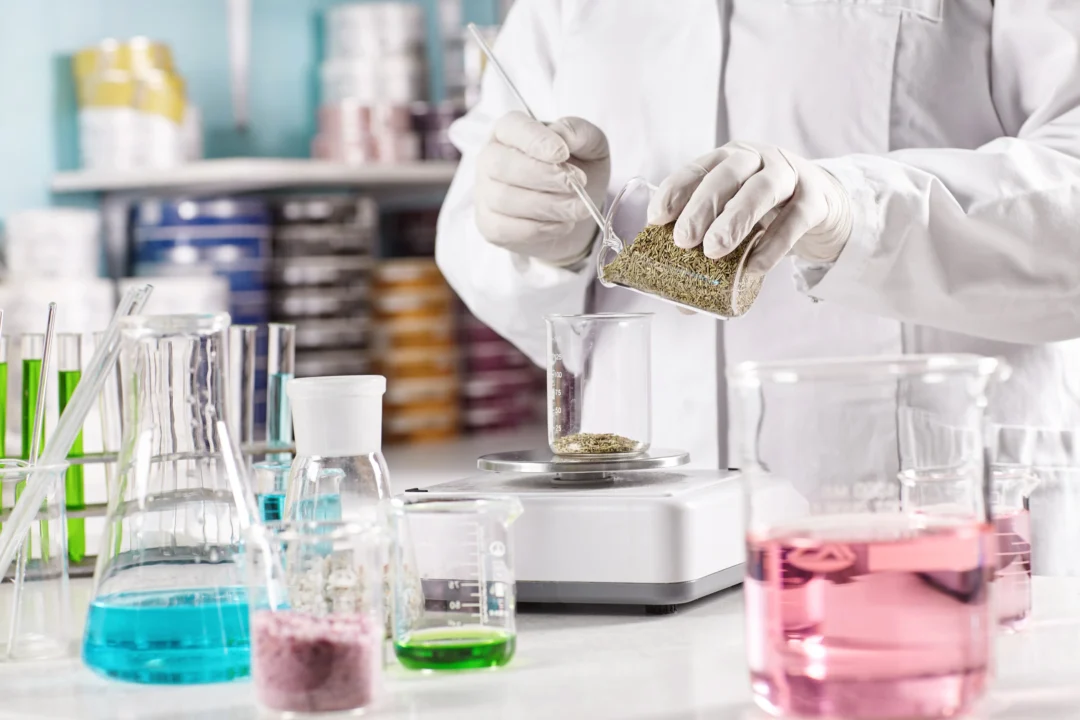
Future Outlook for Minerals Testing
Given that the world will be in need of minerals in the global market, testing services are projected to increase in magnitude and complexity. The introduction of automation, artificial intelligence, and blockchain integration is becoming a potential tool to improve transparency and efficiency in laboratory operations. The turnaround times are also being minimized through the use of automated spectrometry and real time analysis tools, enabling exporters to ship goods at a lower cost without compromising its compliance.
The future of mineral testing is probably dependent on more extensive economic diversification and sustainability objectives in the UAE. The role of the country as a reliable exporter of minerals will be strengthened by investments in modern laboratory infrastructure and the well-developed accreditation frameworks. In the case of businesses that deal with mining and exporting, collaborating with certified laboratories will not be a bargain in international trade. The METS Lab and others in the business are already facilitating this change through the integration of local knowledge and international standards.

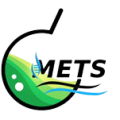



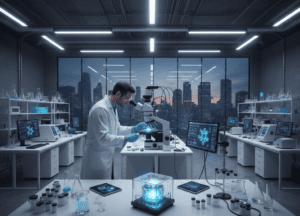
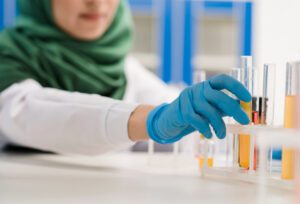
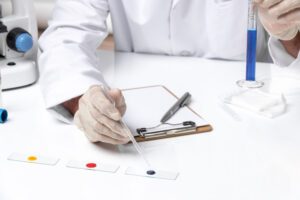
No comment yet, add your voice below!